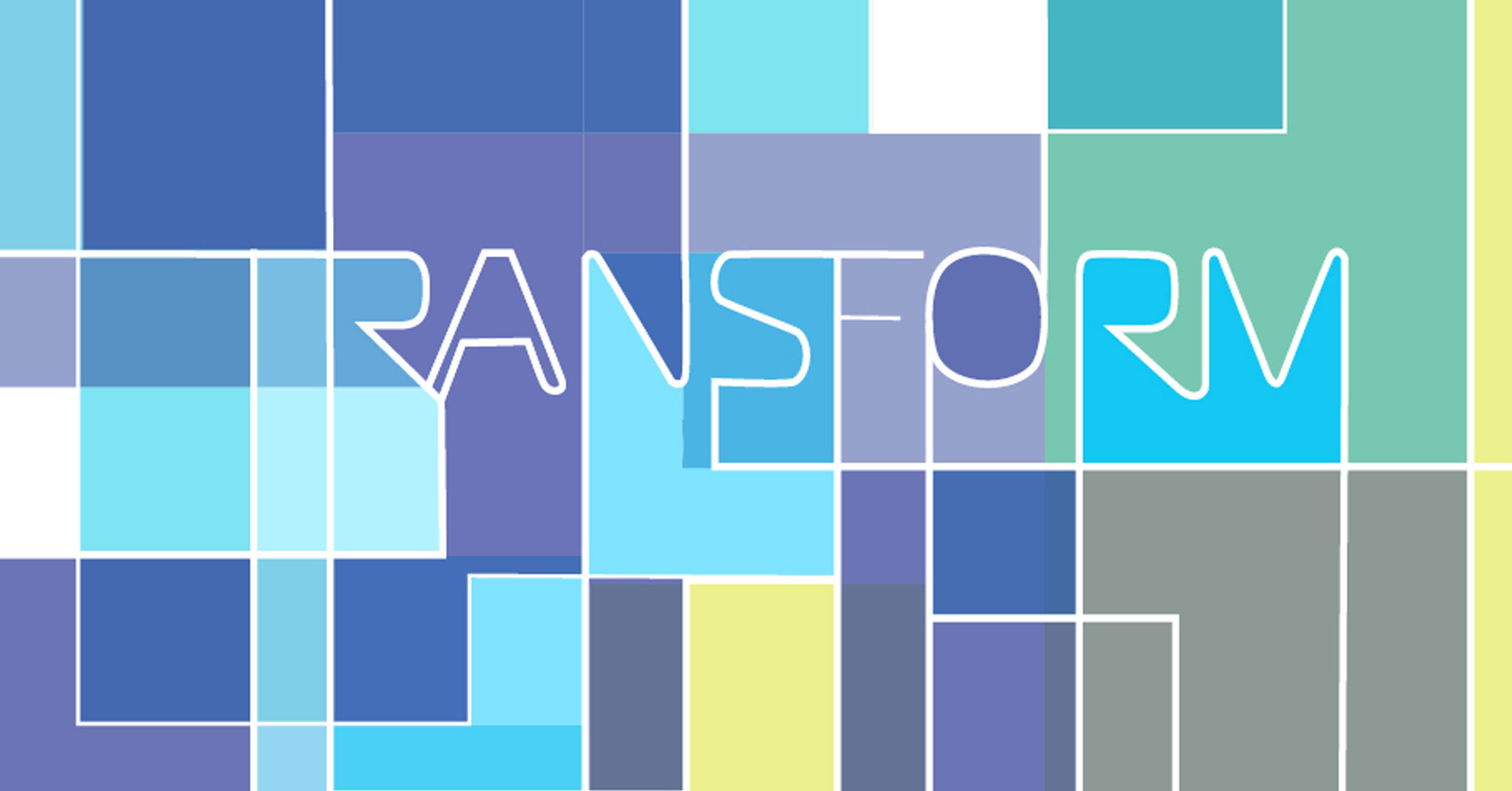Institutionalizing Transformative Learning: The Trees, then the Forest, then the Realization
DOI:
https://doi.org/10.18060/22407Abstract
The Challenge
Finding a sense of authentic self as an institution, a true sense of mission, and the means to live that mission were the central focus of a strategic planning process addressed by the University of Central Oklahoma about fifteen years ago. As the institution grew within a metropolitan-serving mission, the goal to transform students from adolescents to adults and find new potential in their lives led to an exciting journey that is still vibrant and relevant today.
Potential Consequences
The theoretical base provided within transformative learning has helped students, staff, and faculty align efforts.
Description
This case study provides replicable processes and specifics that may help others find a clearer path for fulfilling their mission. The study describes how the University of Central Oklahoma’s (UCO’s) transformative learning focus coalesced and became the point of distinction for a UCO education, helping to ensure that all activity supported our mission—helping students learn.
Reflection
The compelling, lived sense of mission developed from the initial strategic planning process has helped to strengthen the learner-centered culture of the campus while providing a structure that facilitates implementation and assessment.
References
Astin, A. W., Banta, T. W., Cross, K. P., El-Khawas, E., Ewell, P. T., Hutchings, P., Marchese, T. J., McClenney, K. M., Mentkowski, M., Miller, M. A., Moran, E. T., & Wright, B. D. (1992). Nine principles of good practice for assessing student learning. Washington, D.C.: American Association of Higher Education (now known as the American Association for Higher Education and Accreditation). Retrieved March 19, 2017, from http://teaching.uncc.edu/sites/teaching.uncc.edu/files/media/files/file/AssessmentAndGrading/9Principles.pdf
Benjamin, A. & Crymble, B. (2017). A re-imagination of the transition to adulthood. In A. Laros et al. (Eds.), Transformative learning meets Bildung (pp. 247-258). San Francisco: Jossey-Bass. https://doi.org/10.1007/978-94-6300-797-9_20
Cranton, P. (2002). Teaching for transformation. New Directions for Adult and Continuing
Education, 2002 (93), 63-72. https://doi.org/10.1002/ace.50
Dirkx, J. (2012). Nurturing soul work. In E. Taylor, P. Cranton, & Associates (Eds.). The handbook of transformative learning, theory, research and practice. San Francisco: Jossey-Bass.
Kuh, G. D. (2008) High-Impact educational practices: What they are, who has access to them, and why they matter. Washington DC: AAC&U Publications.
Illeris, K. (2014). Transformative learning and identity. London: Routledge.
Mezirow, J. (1981). A critical theory of adult learning and education. Adult Education, 32 (1), 3-24. https://doi.org/10.1177/074171368103200101
Mezirow, J. (1990). How critical reflection triggers transformative learning. In J. Mezirow & Associates (Eds.), Fostering critical reflection in adulthood: A guide to transformative and emancipatory learning (pp. 1-20). San Francisco: Jossey-Bass.
Mezirow, J. (1997, Summer). Transformative learning: Theory to practice. New directions for adult and continuing education, 1997(74), 5-12. https://doi.org/10.1002/ace.7401
Mezirow, J. (2000). Learning as transformation: Critical perspectives on a theory in progress. San Francisco, CA: Jossey-Bass.
Morrell, A. & O’Connor, M. A. (2002). Introduction. In E. O’Sullivan, A. Morrell, & M.A. O’Connor (Eds.). Expanding the boundaries of transformative learning: Essays on theory and praxis (pp. xv-xx). New York: Palgrave. https://doi.org/10.1525/california/9780520228627.003.0001
Nicol, D. J., & Macfarlane-Dick, D. (2006). Formative assessment and self-regulated learning: A model and seven principles of good feedback practice. Studies in Higher Education 31 (2), 199-218. https://doi.org/10.1080/03075070600572090
Northouse, P. (2012). Leadership: theory and practice. Los Angeles: Sage.
Ratey, J. (2008). Spark. New York: Little, Brown.
Taras, M. (2005). Assessment—summative and formative—theoretical reflections. British Journal of Educational Studies, 55 (4), 466-478. https://doi.org/10.1111/j.1467-8527.2005.00307.x
Taylor, E. W. (2001). Transformative learning theory: A neurobiological perspective of the role of emotions and unconscious ways of knowing. International Journal of Lifelong Education, 20 (3), 218-236. https://doi.org/10.1080/02601370110036064
Taylor, E., Cranton, P., & Associates (Eds.). (2012). The handbook of transformative learning, theory, research and practice. San Francisco: Jossey-Bass.
Transformative Learning Home. (2018, April 16). University of Central Oklahoma. Retrieved from http://sites.uco.edu/central/tl/index.asp
University of Central Oklahoma. (2018). University mission, vision statement, strategy statement, and call to action. Retrieved April 4, 2015, from http://www.uco.edu/about/mission.asp
Wiggins, G. (1990). The case for authentic assessment. ERIC document retrieved March 19, 2017, from http://files.eric.ed.gov/fulltext/ED328611.pdf



